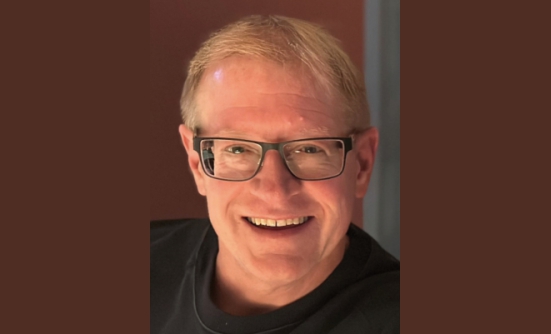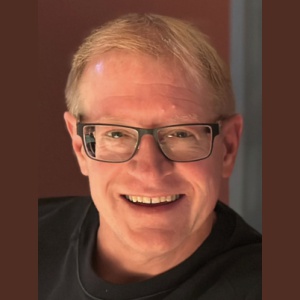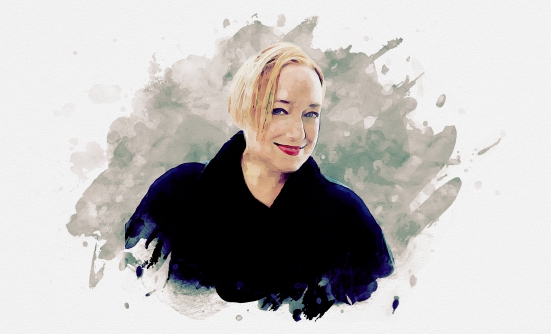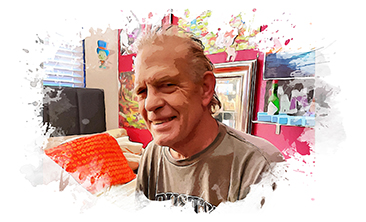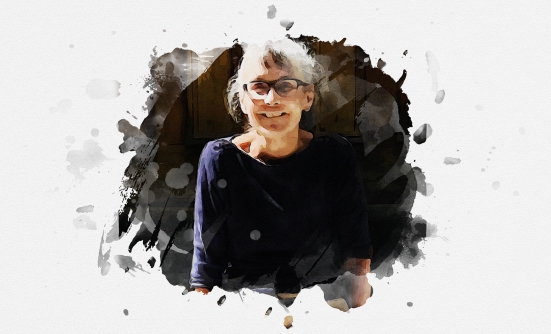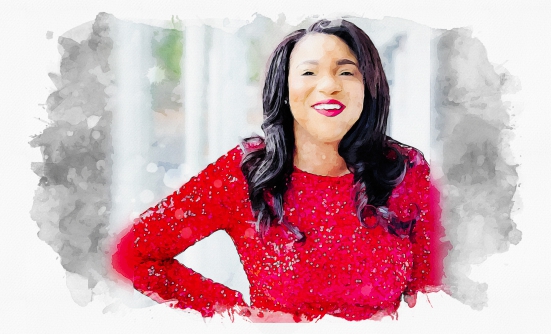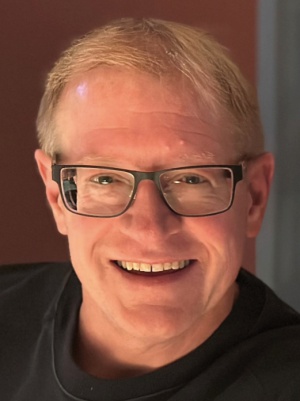
That warm September 1982 morning, I stood face to face with my own mortality, and I didn’t especially like the feeling of being on the wrong side of the grass. As a young man I visualized: This is it. It is terminal. I am finished—next is “Pushing Up Daisies.”
It Still Haunts Me
“I’m sorry, I have good news and some bad news,” said the doctor. What happened next still haunts me 3 decades later. Dr. K., a short and stocky man with wire rim glasses and an envious thick head of hair, told me 30 years ago the news that he removed one of my testicles.
As I was lying in Pekin Memorial Hospital in Pekin, Illinois, I must confess that my greatest difficulty was not dealing with the reality of the disease, but the thought of hypersensitive testicle jokes. Grief shot through me, “I am a young man, my life full ahead of me, this seems so unfair.”
I lashed out and hit the handrail, with the IV tube still in; I was processing a lot of questions about why this happened. I was wrestling with my faith and God, screaming in a high-pitched voice that progressed to a wail. I must have looked as if I had been hit in the face with a sledgehammer.
Time froze when I heard the news, and I realized that I had to make a decision. I could either freak out or put on my Nike waffle trainers and get through rehab before heading back to pound the pavement as a runner. Envisioning running again made me decide I wanted to live.
Looking to the Future
I had dreams and needed to get on with them. I wondered if the operation would define my future. Would I run with the wind, have the chance to go to college, meet new people? As a 20-year-old young man with life and a future ahead, that scenario was terrifying.
It also had many practical implications that I thought I needed to prepare for, such as whom would I leave my few prized possessions and trophies to?
I pondered my financial readiness as if I had to ensure that my non-existent children would remember me. Oh my gosh, I’ll never have a wife! Who will have control over all my assets? I thought about wanting so much to be the best version of myself.
I squirmed, and the cold gown shocked me into reality. I thought about how wasteful the years of hard work in school and my part-time jobs were. My haunches groaned as I allowed my fingers to feel the loss of my testicle.
Dark thoughts and humiliation remained. Was this the beginning of the end of the past, or a dark warning for the future? Was I rewarded by surviving the operation? Was this all but a dream? Could all this be a false alarm? I told myself with a tinge of anxiety, this too would pass. I knew that testicular cancer was rare.
Bracing for Impact
Conversation isn’t easy when you’re completely naked from the waist down. I stared up at the ceiling tiles, bracing for the impact of the inevitable prognosis. Out of the operation room, between 2 very narrow walls, I tried to make sense of the anguish and despair that had been handed down to me.
A voice, like a chanting sound at benediction awakened me. Dr. K. handed a mirror to me. An echo and a whisper, like a mortar shell shrieking through my groin, resonated in my head.
“There’s no easy way of saying this: a testicular tumor was in you, and now is out.” As a young adult, you tend to think that people get cancer only later in life, and it is very tough to deal with all those worries and emotions.
I pondered: “Why this, why that, why me?” No amount of feeling depressed, anxious, or worry for myself would make it all go away.
These thoughts confirmed that the worst had passed: the tumor was gone; I survived. Profuse tears and prayers came to me.
I built up the courage to ask in a whisper: “Doctor what happened to me?” I felt confinement at the marvel of being alive, but wondered at what price.
My guilt of surviving washed over me. The world did not see my scars or feel my pain; it only saw what I allowed to be seen.
Like a jigsaw puzzle, that time in my life was very confusing. I was lacking in life. Astonishing were the events that led up to the surgery. Before receiving the devastating diagnosis in September, I was racing 10-kilometer weekly races that entire summer.
After hearing the initial diagnosis, I could hardly speak, and I started crying. I overheard Dr. K. saying to an associate, “So many things could have happened, but it is a message with a tumor, but no spreading of cancer.”
One of my biggest concerns was the possibility of never having children. At the time, I was also unsure if I would ever be able to race again.
Gleaning Power from Loss
Despite these struggles, I took the positives and thanked my family, friends, and teammates for their support. Looking back at people and places, I reflected about continuity and learning from the past to consider what my future would be like. I knew where I had been, but I did not know where I was going.
Cancer opened my eyes to life and to a real future. I was leery to share my experiences during my illness. There was a grief process—I did lose something, and I learned the power and the strength of vulnerability during that time.
Cancer was a part of my life. After my surgery and getting the “all clear” for having no spread of the cancer, I struggled for a long time with work, friends, and dating. I partied in many of these situations to calm my anxieties. I didn’t even realize that’s what I was doing at the time.
Then a local group of runners helped me confront the reality of recovery after surgery. They said, “These circumstances are difficult, but sunny days are ahead of you. Quit thinking and get your focus on running.” The shadow of surgery vanished, and courage and new challenges prevailed.
I was not accustomed to dealing with the sudden feeling of loss. A positive attitude and survival felt more heroic, but my feelings changed daily, hourly, or even minute by minute.
I did go back to running. I learned to accept the loss, determined not only to survive, but also to thrive. I also realized that some of my work was good enough for prime time. I read every day until my eyes hurt. Then I decided to step outside the rough and tough world we now live in and get my MFA in creative writing. At Lindenwood University in Saint Charles, Missouri, I learned to express through writing the joys and insecurities, which helped overcome my past.





